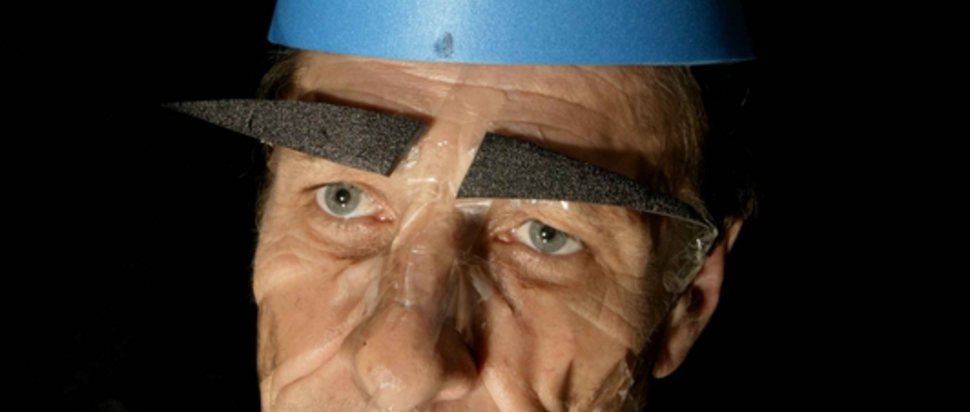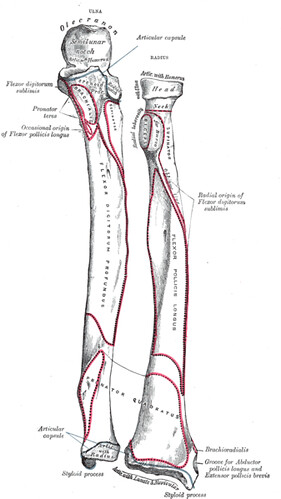I went this lunchtime to the convenience sandwichery run by The Wanko.
I have been going there a lot lately as they have the most adventurous soups on offer in the whole of Glasgow. I’m not talking about your average creams of tomatoes or your potatoes and leaks here: I’m talking about ‘Carrot and Dinosaur’ or ‘Chunky Vegetable and Mr. Benn’. They’re very imaginative. Today, for example, I enjoyed a hot bowl of ‘Parsnip and Atom’ bisque. Spicy.
But I don’t just buy their soup. No! For they have a wonderful soup-and-a-sandwich deal. No hunger for you, sir.
While the soups appear to be the product of a pan-dimensional time-travelling specialty chef, the choice of sandwiches is a tad conservative. Six out of the eight options are entirely meat-based (even the bread is meat) leaving only cheese or tuna to choose from. I avoid cheese because I’m slightly allergic to dairy products, so I have tuna every single time. Yes, readers, every single time.
This, of course, is a bit of a cheat on my behalf. While I grant myself fish “on occasion”, this rapid influx of tuna really does call my vegetarian status into question. If I keep this up, I’ll probably not be allowed to use the special parking spaces anymore.
Far worse than any betrayal to one’s personal ethics, however, is the awkwardness of asking for the same sandwich filling every day. The women in the shop recognise me as a regular customer now and they must have noticed the fact that I have tunafish every single day. I bet they call me ‘Mr. Tunafish’ behind my back.
I don’t want to be Mr. Tunafish.
How would you like to be Mr. Tunafish, reader? You wouldn’t, huh? Not nice is it?
The day that one of them says, “Tunafish today?” in anticipation of my order will be the day I shriek, “No! Why would I want tunafish! I’m not obsessed with tunafish. I don’t even like tunafish. I’m not a deviant!”
They will find me the following morning hanging from a joist, the suicide note written in tuna mayonnaise.
The truth, I tell myself, is that no one has noticed my dietary habits and that I am, as ever, being a paranoid imbecile. No one is interested. While I’m sure the women are vaguely familiar with the fact that a long-haired sharp-suited man visits the sandwich bar on most days, I doubt very much that they’ve noticed his tuna problem. Perhaps my opting for a different soup every day throws them a curve ball and makes them forget. And anyway, they serve a large number of people. Their queue often backs out onto the street: teams of local workers desperate for their daily juxtaposition of bland meat sandwich and magical soup from outer space.
Every day, they ask me if I would prefer white bread or brown bread for my [tuna] sandwich. Every day I say that “I’ll go either way”. This is my signature catchprase: it at once voices my bread apathy and declares my rampant bisexuality. They know what I mean. The fact, however, that the joke is new to them every day suggests that they won’t remember my penchant for tunafish sandwiches either.
But what if I’m the only person they ask this to? What if my little joke has stayed with them and now they’re taking the piss? What if no one else gets the white/brown choice? I bet they only really have one colour.
Now I come to think of it, the bread never seems to be particularly brown or white: it’s kinda seedy.
What if they see me coming and they say “Oh here comes bisexual old Mr. Tunafish. He’ll have sex with anything! He’ll have sex with a fish!”
Well, ladies, I wouldn’t have sex with a fish. Just to clear that up.
Maybe tomorrow I’ll just have cheese.








